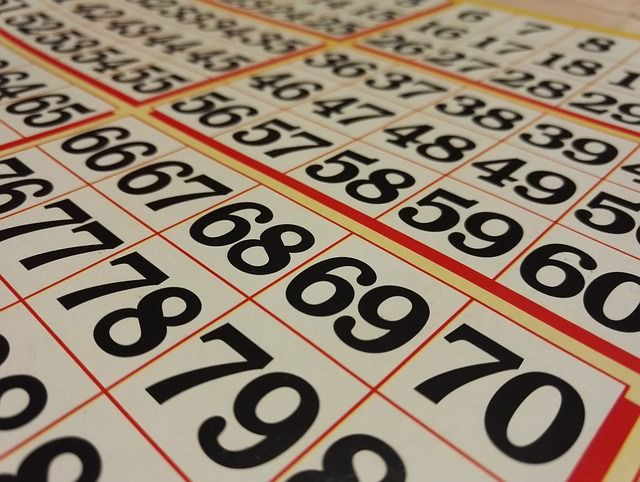National Bingo Day: History, Fun Facts About The Popular Game
National Bingo Day is celebrated every year on June 27 to appreciate Bingo, one of the most favorite games in the United States.
Bingo has different versions in different countries. In U.K and Ireland, the game is played using a printed ticket of 15 numbers on three lines. A printed ticket of numbers in a five-by-five grid is used in the American version of the game.
Since Bingo has simple rules, the game can be played by people of any age. Perhaps for the same reason, it is popular among all generations. From being the popular lottery game, Bingo also made a smooth transition into the digital world. Several applications are now available that allow users to play the game anytime from any location.
History:
It is believed that Bingo was originally a lottery game that was played in Italy called "Il Giuoco del Lotto d'Italia" in around 1530. In 1778, a French game called "Le Lotto," a further modified version of the game, gained popularity. "Le Lotto" featured 27 squares in a layout of three rows and nine columns.
In the early 1920s, Hugh J. Ward created and standardized the game to use at carnivals in and around Pittsburgh and the Western Pennsylvania area. Ward also copyrighted it and published a rule book in 1933.
The game was further popularized in the U.S by Edwin Lowe, a toymaker. Lowe noticed people eagerly playing a game called "Beano" at a traveling carnival near Atlanta in December 1929. They used dried beans, a rubber stamp and cardboard sheets to play the game that followed the rules set by Ward. Lowe then introduced the game among his friends in New York and later manufactured Bingo games. By the 1940s, there were Bingo games throughout the U.S.

Fun Facts:
1. The name Beano, the original name of Bingo, came from the fact that the game was previously done by covering the numbers with beans.
2. It is believed that the game was renamed Bingo when an overly enthusiastic player shouted "Bingo" instead of "Beano" while he won the game.
3. The game was originally used by the Germans to teach children numbers and multiplication tables.
4. Americans spend $90 million on bingo cards alone per week.
5. There is a superstition that if a Bingo player goes around their chair three times, he can keep the bad luck away.
6. Studies have shown that playing Bingo helps to keep the brain active.
Courtesy: Golden Bingo Family
© Copyright IBTimes 2024. All rights reserved.





















